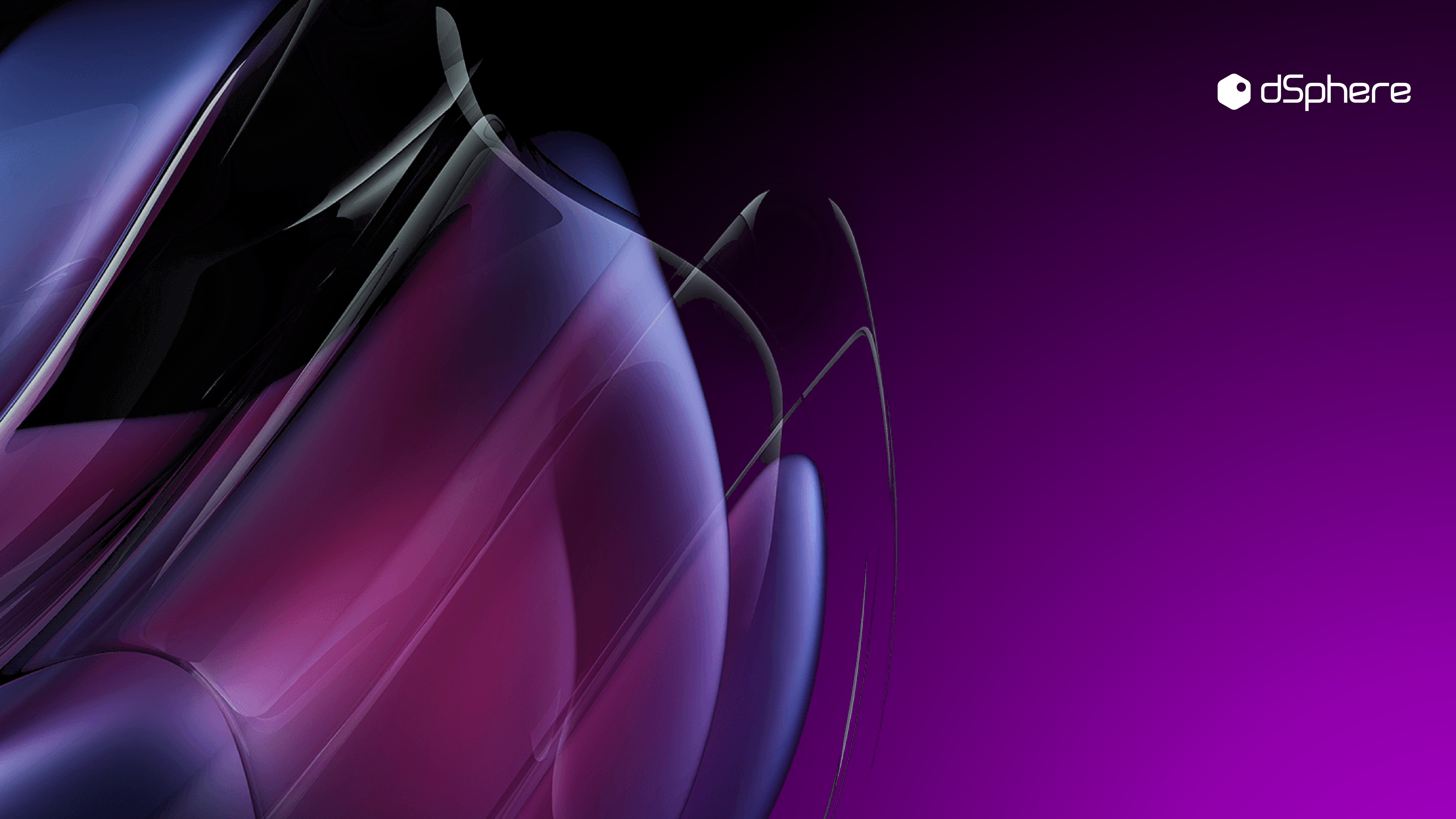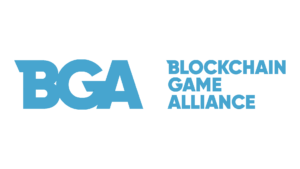The Ultimate Guide to NFT Marketing

The emergence of Web 3.0, the metaverse, and NFTs are poised to transform how brands connect with their audiences. Consequently, the marketers who embrace this change now — instead of waiting to see how their competitors adapt — are in the best position to succeed in this new era.
This article explores the brave new world of NFT marketing and outlines everything marketers need to know to own it.
Contact our team of experts to start your NFT marketing journey today.
What Are NFTs?
NFTs (non-fungible tokens) are digital assets that use blockchain technology to support their direct ownership, security, and tradeability. While similar in many respects, cryptocurrencies and NFTs have a significant difference: Cryptocurrencies are treated as interchangeable (fungible), while each NFT, however, is unique and irreplaceable.
Why Your Brand Should Experiment With NFT Marketing
Although it’s still early days for Web3 and NFT marketing, many forward-thinking brands are launching successful campaigns using this technology. With leading companies like Meta investing billions of dollars in this space, and even rebranding to show their commitment to this future, the timing is good for your brand to begin testing NFT marketing immediately. If you don’t, you risk getting left behind by your competition.
Who Engages with NFT Marketing Campaigns?
Because this is a nascent space, the answer to this question changes by the day. That said, NFT marketing typically wins the attention of youthful and technologically sophisticated city-dwellers, between 18 and 24, who are attracted to collecting/investing. The opportunity to connect with this minority — but highly culturally influential — audience has led major brands like Coke, Nike, and Adidas to launch NFT marketing campaigns.
For NFT marketing considerations, read What to Know When Developing an NFT Marketing Strategy.
What Goes Into an NFT Advertising Plan?
Marketers developing an NFT advertising campaign should approach the task much like they would a more traditional advertising campaign. The first step is to develop an overall vision for the initiative and a sense of its goals and approach. After you’ve landed on the shape of your plan, you’ll need to create a timeline that breaks the campaign into detailed phases. In general, these phases are:
- Pre-production: In this phase, your team develops your KPIs, branding, and positioning.
- Channels: In this phase, your team decides where your creative will run. How will you leverage social, search, etc.?
- Creative development: In this phase, your team fleshes out the details of your campaign, from building out creative to deciding on tactical specifics.
- Testing: In this phase, your team runs tests across your channels to optimize performance.
- Campaign launch: With your homework done, your campaign is ready for primetime.
As you work on your NFT advertising plan, remember that the devil is definitely in the details, especially regarding goals, KPIs, and testing protocols. The more solid you are in these areas, the better chance you have of getting buy-in from leadership. It will also serve as a better reference once your campaign is live.
Read NFT Advertising: How to Capture Attention for Your Web 3.0 Project to learn more about these best practices.
What Major Brands Have Used NFT Marketing?
One of the first major brands to embrace NFT marketing, Nike showed commitment to this emerging space when it acquired the digital collectible agency RTFKT in late 2021 to help bolster their Web3 promotional efforts. Nike has tapped RTFTK expertise to produce a series of hybrid shoes: physical sneakers paired with an NFT providing proof of ownership. The initiative produced the splashy “Ducks of a Feather” NFTs, a collection of branded digital assets that came with Oregon Ducks Nike Air Max 3 sneakers. The campaign tied together two passionate fandoms to bring NFT collectors into the collegiate sports space and devotees of the latter into the world of digital assets. The move was a tactical slam dunk and got Nike on the board early in the NFT marketing game.
To explore NFT marketing campaigns by the NBA, Taco Bell, and more, read 5 Examples of NFT Marketing Campaigns Done Right.
What Major Brands Have Used NFT Marketing?
Dolce & Gabbana
Dolce & Gabbana produced the most profitable luxury brand NFT project, Collezione Genesi. Like Nike, this collection paired real world items (clothing and accessories) with individually crafted digital versions of the pieces. With only nine matching pairs in existence, Collezione Genesi is an extremely limited collection and has earned over $6M for Dolce & Gabbana.
For more examples of luxury NFTs, read 5 Luxury Brand NFTs Offering Customers Premium Web 3.0 Experiences.
Gucci
While not as financially successful as Collezione Genesi, Gucci’s Aria NFT was probably just as notable. The fashion house’s first endeavor in this space was a mini-movie auctioned off in the summer of 2021 for $25,000, with proceeds donated to charity. More importantly, the effort generated considerable press coverage — including articles in Gotham and Hypebeast — and looks to be just the beginning of the brand’s Web3 strategy.
For a deeper dive into the intersection of fashion and the blockchain, check out 7 Fashion Brand NFTs Bringing Web 3.0 to the Runway.
Budweiser
Luxury brands aren’t the only ones dipping their toes in NFT waters: Many mass-market companies have recently introduced their own branded digital assets. Budweiser has recently released two different high-profile NFT collections to celebrate their own storied history — and the future of the music industry. The 1936-token Heritage Collection commemorated the company’s first can of beer (produced in 1936), and the 11,000-token Budweiser Royalty Collection honors up-and-coming musicians posed to break out. These massive projects promise to be the first of many for the brand.
How to Begin Your NFT Marketing Journey
While these are early days still, it is clear that leading brands will need to make NFT marketing a part of their marketing mix. If you’d like to explore how this approach could enhance your brand’s audience engagement, reach out. dSphere has the expertise and the technology to help you make a splash with Web3 strategies.










Leave A Comment